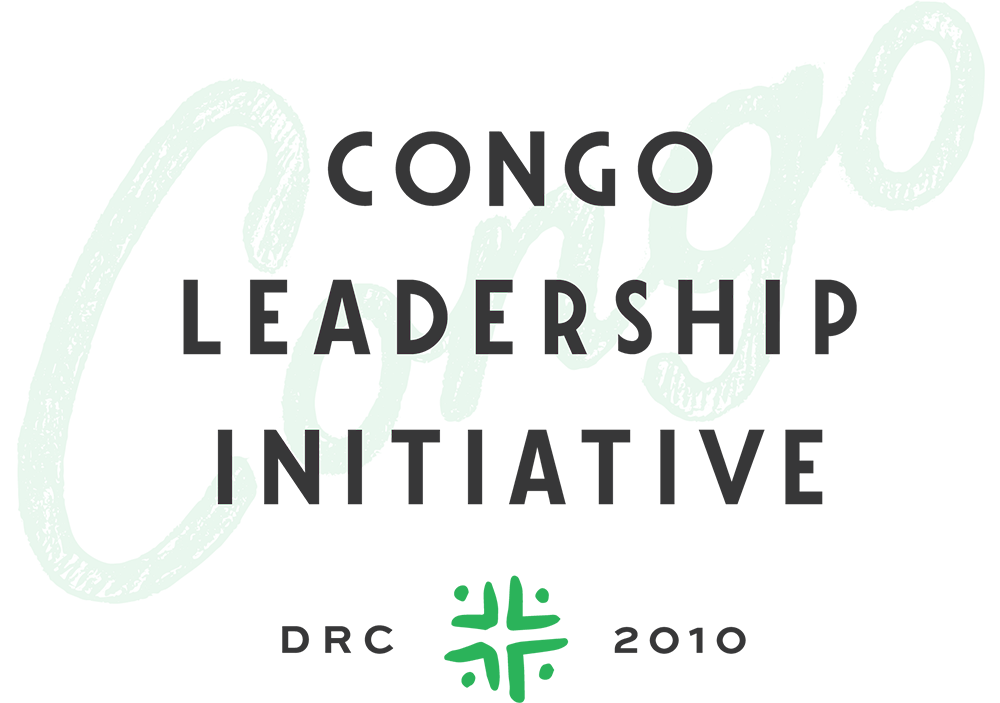Moving beyond "youth"
Since our inception, CLI has focused our leadership and empowerment training in the DRC on youth. Our logic was to target the segment of the population that would have an ability to affect the future of the DRC over the longest period of time, and as the DRC’s population continues to swell, this was a fairly straightforward population segment to target.
We remain committed to training youth and still do so across the DRC, but as we have grown, we have started to recognize the virtue of extending our training to more diverse groups. This began with a training program in 2021 for the leaders of Kinshasa’s Presbyterian Community. We discovered that empowering leadership and entrepreneurship training has tremendous value for both future and current leaders in the DRC.
We have also come to learn that, in the DRC, the subset of the population classified as “youth” can often come to signify “students.” In the DRC, with no widely-available public secondary school, this excludes a large proportion of individuals who do not have the means by which to attend school. In our commitment to provide training to as many Congolese individuals as possible, we found an additional reason to continue to extend our target participant profile.
As we expand, we have identified additional opportunities to include different groups in our programming. One of the first is young women in more remote, rural regions of the DRC. These women, many of whom are mothers and most of whom are poor, are often already self-organizing into groups such as Village Savings and Loan Associations. Leadership and entrepreneurship skills are highly relevant in their context, and we certainly do not believe that they should be excluded just because they are not able to attend school.
CLI remains an empowerment organization, and we are poised to grow beyond our initial target of educated young people to reach Congolese leaders at all ages and in all places. Some have asked us “Why provide leadership training when not everyone is going to be a leader?” Frankly, we do not think that the premise on which this question is based is true. Everyone is a leader at least of themselves and everyone deserves to access the skills for self-actualization.
Ultimately, we are pleased to be able to expand our scope and believe that leadership and empowerment training will play a huge role in the rise of the DRC over the coming decades. Thank you for your support as we do so!
